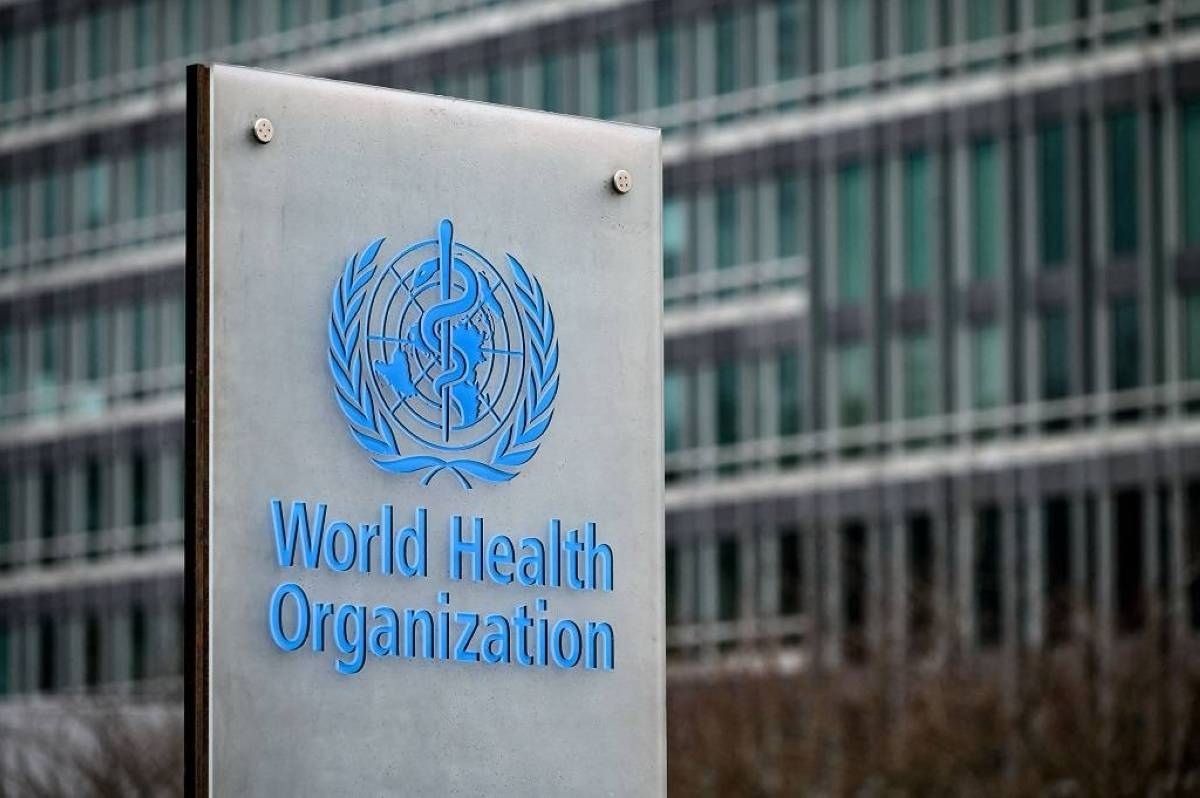GENEVA, Switzerland: The World Health Organization (WHO) announced on Monday that almost half of the world’s population is now covered by solid rules that limit trans fat in foods. The WHO appealed in 2018 for the elimination of industrially produced fatty acids in foods worldwide by 2023, as evidence showed that they caused 500,000 premature deaths annually. Although the target was not met and was pushed back to 2025, 53 countries, representing 46 percent of the world’s population, are currently implementing best practice policies on this toxic substance. This is a significant increase from 11 countries and 6 percent coverage in 2018. The WHO estimates that approximately 183,000 lives are being saved each year.
“Trans fat has no known health benefit, but poses significant health risks,” stated WHO chief Tedros Adhanom Ghebreyesus. “We are delighted that so many countries have introduced policies banning or limiting trans fat in food.”
In 2023, seven countries, including Egypt, Mexico, Moldova, Nigeria, North Macedonia, the Philippines, and Ukraine, implemented best practice policies. Trans fat, which solidifies and clogs arteries around the heart, is commonly found in packaged foods, baked goods, cooking oils, and spreads like margarine. Food producers use trans fat because it offers a longer shelf life and is cheaper than some alternatives.
Best practice for eliminating trans fat involves either a mandatory national limit of 2 grams of industrially produced trans fat per 100 grams of total fat in all foods or a national ban on the production or use of partially hydrogenated oils, which are a major source of trans fat.
To recognize progress in eliminating industrially produced trans-fatty acids, the WHO awarded its first-ever certificates during a ceremony at its headquarters in Geneva. Denmark, Lithuania, Poland, Saudi Arabia, and Thailand were the recipients of these certificates. Countries eligible for certification must implement best practice policies and establish rigorous monitoring and enforcement systems. Certified countries will be required to provide updated data every three years to maintain their status.
Denmark’s Ambassador to the UN in Geneva, Ib Petersen, highlighted that policies adopted in Denmark have reportedly reduced coronary heart disease in the country by 11 percent. He emphasized that the most financially disadvantaged groups are expected to benefit the most from these policies.
Cardiovascular diseases are the leading cause of death globally, with an estimated 17.9 million deaths attributed to such diseases in 2019. Of these, 85 percent were due to heart attacks and strokes. Eliminating trans fats is regarded as an easy and effective way to reduce these numbers.
“Trans fat elimination is economically, politically, and technically feasible and saves lives at virtually no cost to governments or consumers,” said Tom Frieden, president of the nonprofit organization Resolve to Save Lives, which is partnering with the WHO on trans fat. He added, “This harmful compound is unnecessary, and no one misses it when it’s gone.” Frieden, a former director of the US Centers for Disease Control and Prevention, also cautioned that countries without regulations risked becoming trans fat “dumping grounds.”
The WHO’s efforts to limit trans fat are crucial in promoting public health globally. While progress has been made, it is essential for lagging countries to catch up and implement best practice policies to protect their populations from the health risks associated with trans fat consumption. By working together, we can create a healthier future for all.







